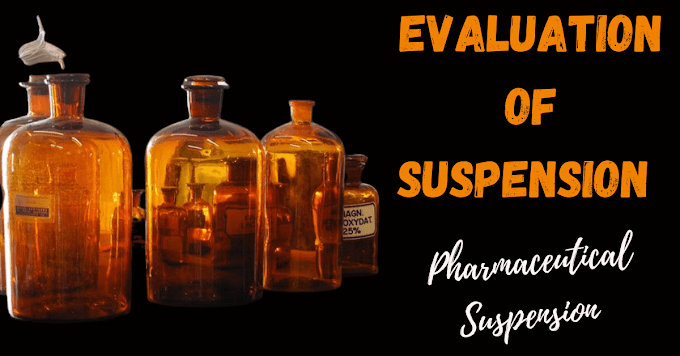Common examples include:
- Paracetamol (acetaminophen)
- Ibuprofen
- Cough syrups
- Antacids
- Cold and flu tablets
- Allergy pills
These are available at pharmacies, supermarkets, and even convenience stores. But just because they’re easy to get doesn’t mean they’re harmless.
Why People Trust OTC Medications
People assume that OTC medications are completely safe because:- They’re available without a prescription
- They’re advertised widely
- Many people have used them for years
- They are recommended by friends or family
1. Overdosing Can Happen Easily
One of the biggest risks is accidental overdose. For example, acetaminophen is commonly found in pain relievers, flu medications, and sleep aids. Taking multiple OTC meds that contain acetaminophen can unknowingly damage your liver.Example: Acetaminophen is an ingredient in both the cold medication and the pain reliever you use. Now you’ve doubled your dose without realizing it.
Safety Tip:
Always read the label. Check for active ingredients and don’t take two medications with the same main ingredient.2. Dangerous Drug Interactions
When you mix over-the-counter (OTC) drugs with prescription drugs, unexpected interactions can happen.Blood thinners + Aspirin = might raise the possibility of internal blood loss.
Antihistamines + alcohol = extreme drowsiness or impaired thinking
High blood pressure meds + Decongestants = blood pressure may increase.
Even natural supplements like ginkgo biloba or St. John’s Wort can interact with OTC medications and affect your heart or mental health.
Safety Tip:
No matter what kind of medicine or vitamin you're taking, you should always tell your pharmacist or doctor about it.3. Side Effects Can Be Serious
Just like prescription drugs, OTC meds come with side effects. These can include:- Stomach ulcers (from ibuprofen or aspirin)
- Drowsiness (from antihistamines)
- Increased heart rate (from decongestants)
- Allergic reactions
- Sleep disturbances
4. Masking Serious Conditions
OTC medications might hide symptoms of a more serious illness. For example:Using antacids regularly may mask ulcers or stomach cancer
Taking pain relievers every day for headaches might ignore the signs of a brain issue
Asthma or lung problems may be concealed by regular cough syrups.
By covering up symptoms, these meds might delay proper diagnosis and treatment.
Safety Tip:
If you’re using an OTC medicine for more than 7 days, consult a healthcare professional.5. They’re Not Safe for Everyone
OTC meds are not one-size-fits-all. They can be risky for:- Children: Doses are often misjudged. Some of the cold medicines are unsafe for children younger than 6.
- Older adults: They may have existing health issues or be on multiple medications.
- Pregnant women: Some ingredients can harm the baby.
- People with chronic illnesses, Diabetes, heart conditions, or asthma can react badly to certain ingredients.
6. The Illusion of “Natural” or “Safe”
Some OTC products are marketed as “natural” or “herbal,” giving the impression they’re completely safe. But:- Natural doesn’t mean risk-free
- Herbs can cause allergic reactions
- Supplements can interfere with real medication
Safety Tip:
Treat herbal OTC remedies just like any drug; use them with caution.
7. Self-Diagnosis Can Go Wrong
Google isn’t a doctor. Relying on online symptoms and then self-medicating with OTC drugs can worsen the problem.Many people think they have acid reflux, take antacids daily, but are actually dealing with a heart problem. Or what seems like the flu may actually be an infection needing antibiotics.








0 Comments